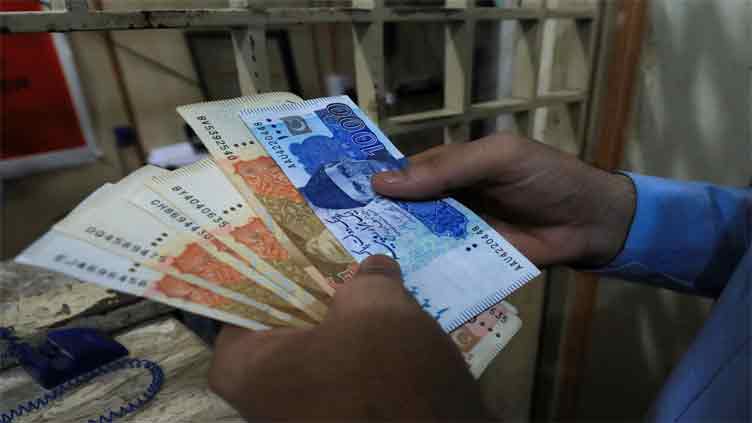Business
Major changes on the cards for boosting tax-to-GDP ratio to 15pc
Major changes on the cards for boosting tax-to-GDP ratio to 15pc
Inflation

Business
Chinese firm aims to expand investments in Pakistan, shows interest in mining sector
Chinese firm aims to expand investments in Pakistan, shows interest in mining sector
Business
Hong Kong allows China’s digital yuan to be used in local shops
Hong Kong allows China’s digital yuan to be used in local shops
-

 Sports3 months ago
Sports3 months agoSon and Bissouma ready for Spurs game with Brighton
-

 Sports3 months ago
Sports3 months agoSinisterra signs long-term deal with Bournemouth
-

 Fashion3 months ago
Fashion3 months agoGiorgio Armani catwalk blooms with florals at Milan Fashion Week
-

 World3 months ago
World3 months agoTaiwan ally Tuvalu names Feleti Teo as new prime minister
-

 Sports2 months ago
Sports2 months agoScaled-back opening ceremony for Paris Olympics to offer 326,000 tickets
-

 World3 months ago
World3 months agoTunisia court sentences ex-president Marzouki to 8 years in absentia
-

 Sports2 months ago
Sports2 months agoWorld champion Brecel excited by new ‘golden ball’ format
-

 World3 months ago
World3 months agoUS Coast Guard boards Chinese fishing boats near Kiribati, official says























